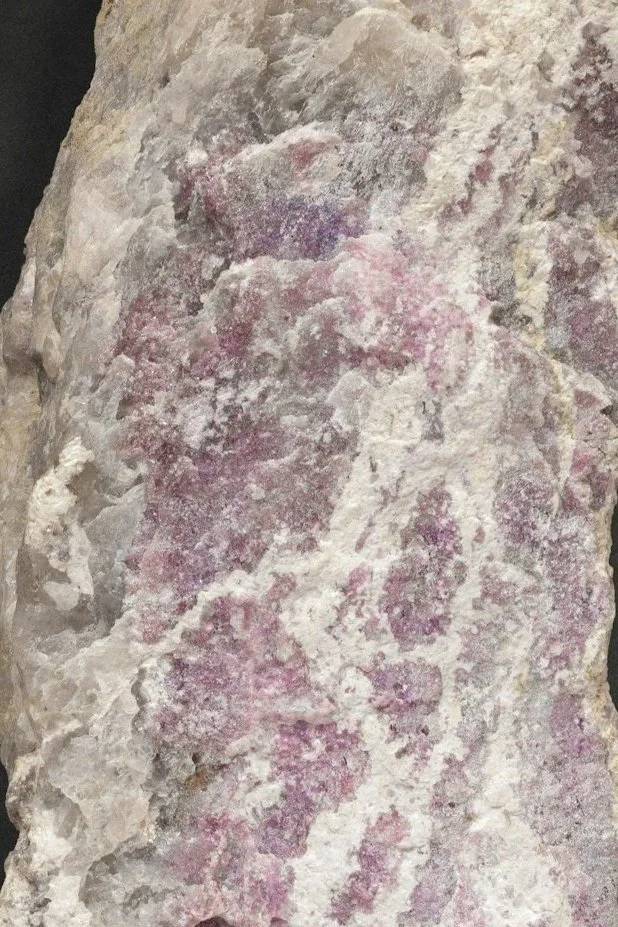Natural Graphite
The shift from synthetic to natural graphite as the primary anode material in lithium-ion batteries signifies an evolution in the development of efficient energy storage systems.
Synthetic graphite, is burdened with high production costs and significant environmental issues, is contrasted by the more plentiful and economical, natural graphite. To achieve performance on par with current standards and to satisfy the evolving needs of battery manufacturers, who predominantly utilize synthetic anodes in electric vehicle (EV) batteries, natural graphite must undergo purification to reach 5N (99.999%+) purity. This level of purity is crucial for the longevity, efficiency, and overall performance of lithium-ion batteries. Enhancing the refinement of natural graphite to create superior anode materials is crucial for delivering greener, more sustainable, high-performance products in the EV battery market.
Fluoromet's natural graphite purification process offers significant advantages in terms of environmental sustainability and operational efficiency. By removing contaminants under ambient conditions utilising wet chemistry, Fluoromet’s method eliminates the need for high-temperature or pressure. In contrast, the conventional synthetic graphite process involves heating petroleum coke to 2,500°C, leading to the release of harmful contaminant effluents being propelled into the atmosphere. Fluoromet's method greatly lowers environmental impact, cutting greenhouse gas emissions by 90%.
Fluoromet’s closed-loop process is further distinguished by its reuse of all reagents and the transformation of contaminants into valuable by-products, thus improving process economics.
Independent certification by Glow Discharge Mass Spectrometry (GDMS) confirm Fluoromet's graphite purification credentials, meeting the needs of next-generation lithium-ion batteries.
Lithium
Lithium hydroxide has a current sales price of circa USD $12,000 per ton, which is roughly 15% less than current Western production costs. Consequently, this has led to the suspension of planned projects, the shutdown of existing operations, and significant impacts on the lithium industry. The Western push to diversify supply chains away from a single source has prompted a reassessment of the lithium supply chain and the production of critical minerals at large.
Fluoromet has introduced an innovative method for isolating and extracting lithium, either as a hydroxide or carbonate, from spodumene concentrate.
The Fluoromet Process forgoes the need for heat and pressure, slashing operating expenses by 40% compared to traditional methods, thus rendering the current market price profitable.
These savings could further increase with revenue from the sale of by-products such as high-purity silica and aluminum compounds.
The Fluoromet process is adaptable, allowing for the majority of it to be implemented at the mine site, which reduces transportation costs for the lithium compound, before its conversion at the cathode plant into lithium hydroxide or carbonate.
Moreover, all reagents are reused within a closed-loop system, eliminating the production of tailings or hazardous waste streams.


